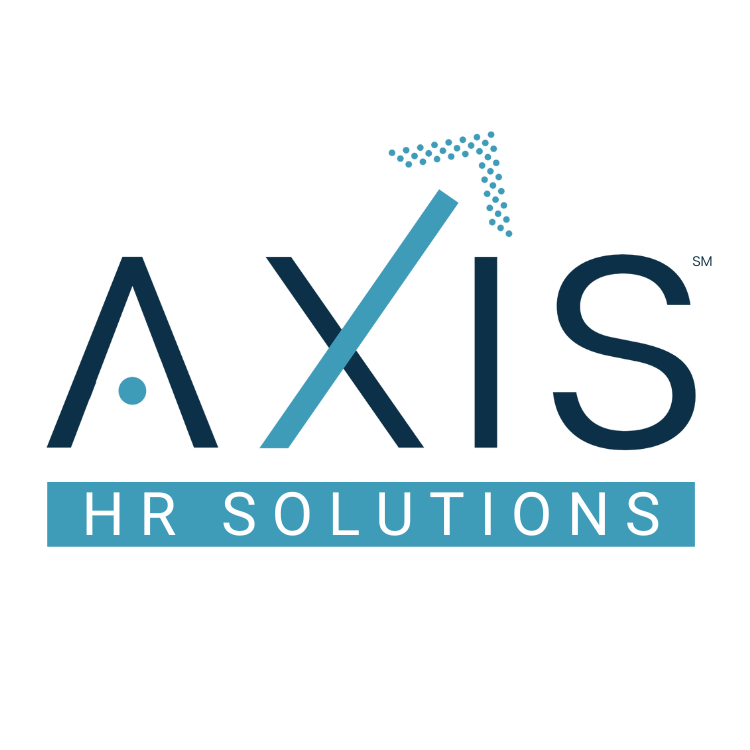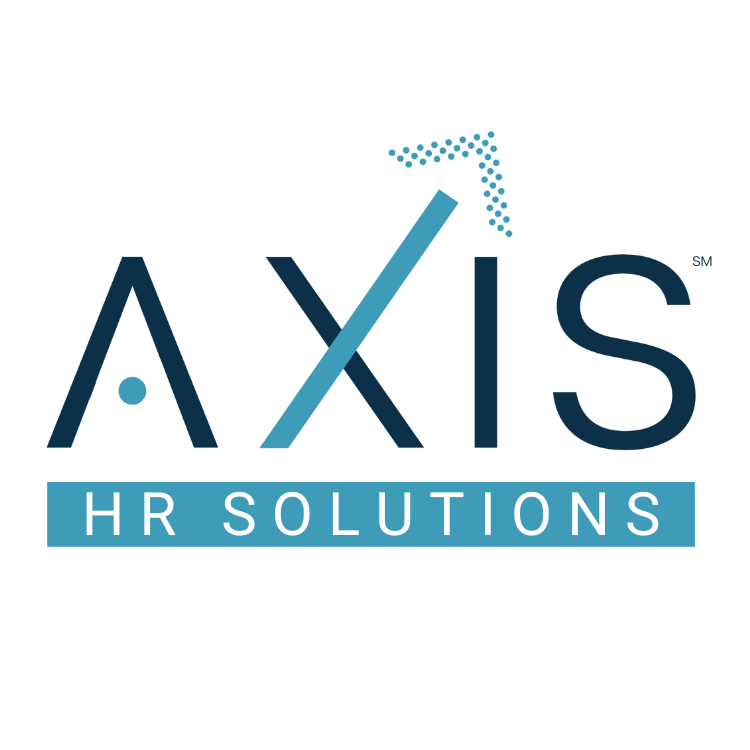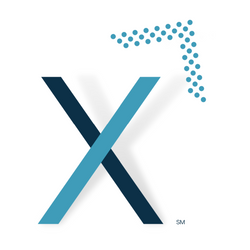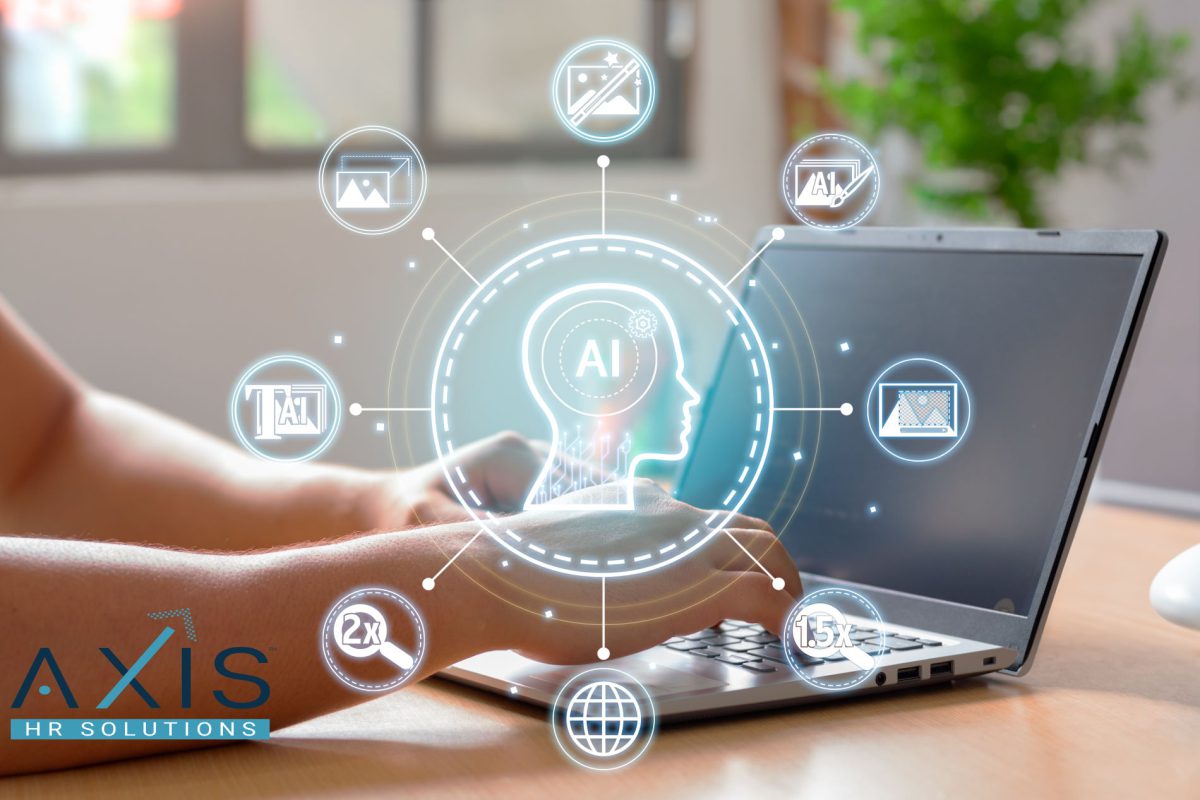Artificial Intelligence (AI) has made significant inroads into various industries, including Human Resources (HR). In HR departments, AI is utilized to streamline processes, enhance decision-making, and improve overall efficiency. Here are some ways AI is being employed in HR:
- Recruitment and Talent Acquisition:
- Resume Screening: AI-powered tools can analyze resumes and applications to identify suitable candidates, saving time and reducing human bias.
- Chatbots for Initial Screening: Chatbots can conduct initial interviews, asking pre-determined questions and assessing candidates’ responses.
- Predictive Analytics: AI algorithms can analyze historical hiring data to predict the success of potential candidates and identify the best sources for talent.
- Employee Onboarding:
- Chatbots for FAQs: Chatbots can assist new hires by answering frequently asked questions about company policies, benefits, and procedures.
- Automated Training: AI can provide personalized training programs based on employees’ roles, skills, and learning preferences.
- Employee Engagement:
- Pulse Surveys: AI-driven surveys can gather real-time feedback from employees to gauge satisfaction levels and identify areas for improvement.
- Predictive Analytics for Turnover: AI algorithms can analyze employee data to predict potential turnover and identify factors contributing to dissatisfaction.
- Performance Management:
- Data Analytics: AI can analyze performance data to provide insights into employee productivity, strengths, and areas for improvement.
- 360-Degree Feedback: AI tools can facilitate the collection and analysis of feedback from multiple sources for a comprehensive performance evaluation.
- Employee Well-being:
- Sentiment Analysis: AI can analyze communication channels to detect signs of employee stress or dissatisfaction.
- Wellness Apps: AI-powered applications can provide personalized well-being recommendations based on individual health and work patterns.
- Workforce Planning:
- Predictive Analytics for Workforce Trends: AI can analyze workforce data to predict future talent needs and assist in strategic workforce planning.
- Skills Mapping: AI tools can identify skills gaps and recommend training programs or hiring strategies to address them.
- Compliance and Risk Management:
- Automated Compliance Checks: AI can help ensure HR processes comply with relevant regulations by automating compliance checks.
- Risk Assessment: AI can analyze data to identify and mitigate potential HR-related risks, such as compliance violations or employee relations issues.
- Natural Language Processing (NLP) for HR Communications:
- Chatbots and Virtual Assistants: NLP enables more natural and efficient interactions between employees and HR systems, facilitating communication and problem resolution.
While AI offers numerous benefits in HR, it’s essential to address ethical considerations, data privacy, and ensure that AI applications complement human decision-making rather than replace it entirely. Ongoing monitoring, transparency, and collaboration between AI systems and HR professionals are crucial for successful integration.



